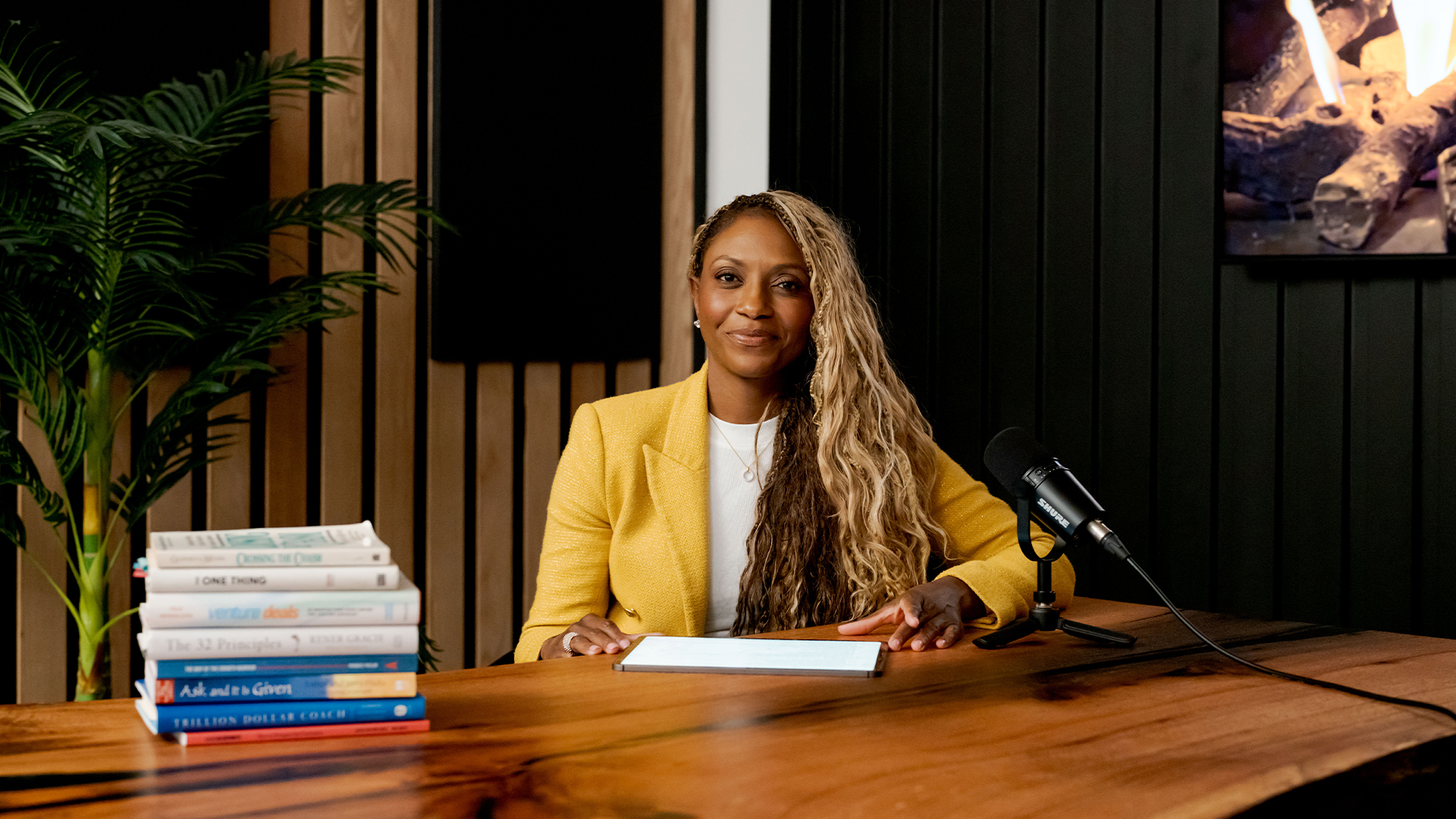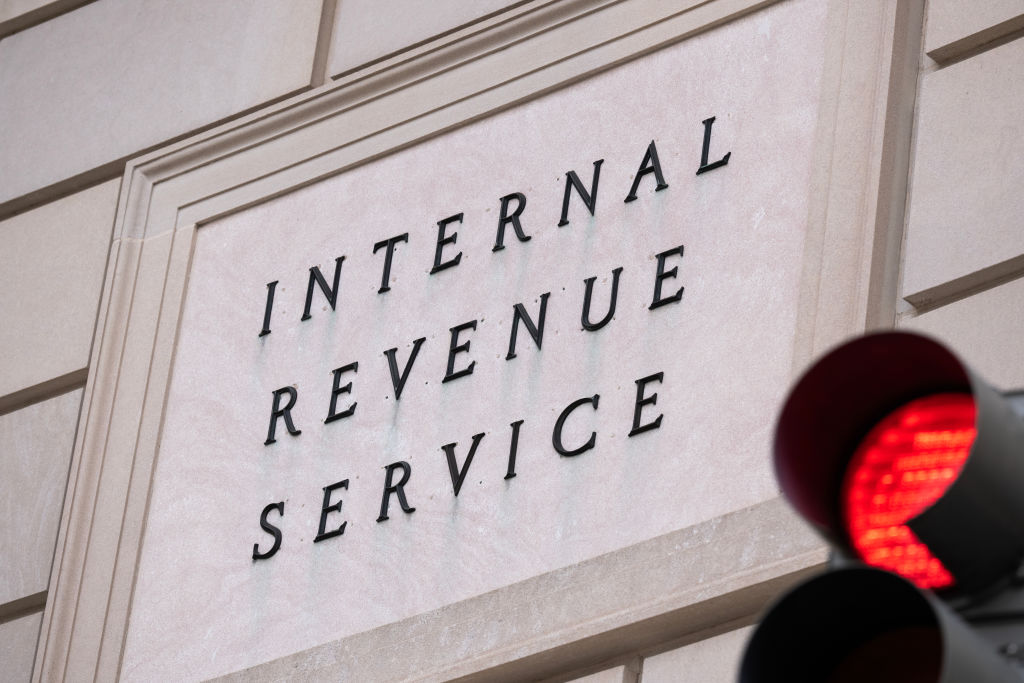Black Americans are losing out on a $68 trillion wealth transfer. But what can fix the problem? Planning ahead.
“According to an analysis of high net worth and ultra-high net worth markets by consulting group Cerulli Associates, by 2047, trillions will have been passed down to future generations, and due to a lag in estate planning in Black America, Blacks might not actively transfer wealth to their descendants,” reads a new report in the Atlanta Black Star.
Put simply, white Americans remain wealthier than other ethnic groups because they keep the money in the family. The Brookings Institute reports that on average, the typical net worth of a white family was $171,000 in 2016, which is nearly ten times the value of the typical net worth of a Black family (which only held a little over $17,000 in assets in 2016). And while the numbers haven’t jumped significantly in the past few years, Black Americans are missing out on whatever wealth they may be entitled to because of the lack of estate planning.
Atlanta Black Star reports, “By not having a will that indicates who should receive your property and assets, ‘so many families lose their family access and ownership of land,'” said Brickson Diamond, co-founder of Black House Foundation, a nonprofit that creates new opportunities for the Black community in the film world.
What is estate planning?
Put simply, estate planning is the process by which you — as the estate owner — designate who gets your possessions when you die. This can entail everything from homes and cars to cash and investments.
According to NerdWallet, whether people realize it or not, everyone needs estate planning, because it involves both tangible assets (i.e., real estate) and intangible assets (i.e., retirement funds).
Absent an estate plan, your legacy could be left subject to local and state laws — not to mention in-fighting and other drama that can lead to loss of assets and value.
How can Black Americans avoid this asset loss?
With $68 trillion slipping through the cracks, Black Americans can avoid this shortfall by taking estate planning seriously. No one wants to talk about their death, to be sure, but it’s the only thing that’s unavoidable in life — so it’s better to prepare for it.
“You can’t afford not to,” said Portia Wood, a Los Angeles-based estate attorney who focuses on Black, Latino, and LGBTQ families, to Finurah. “The economic cost is just too great to do nothing.”

















